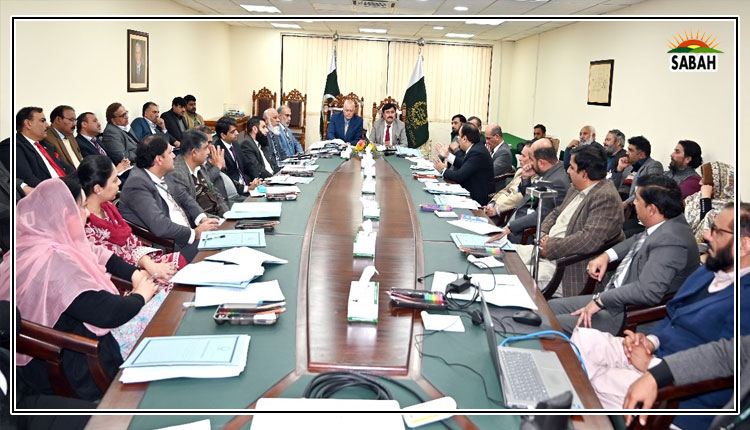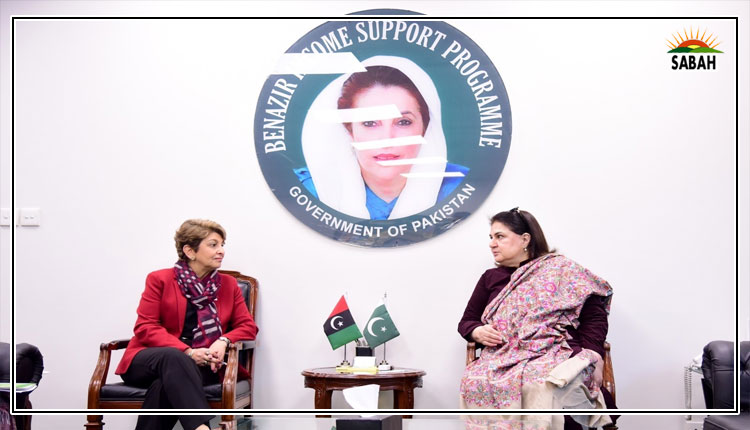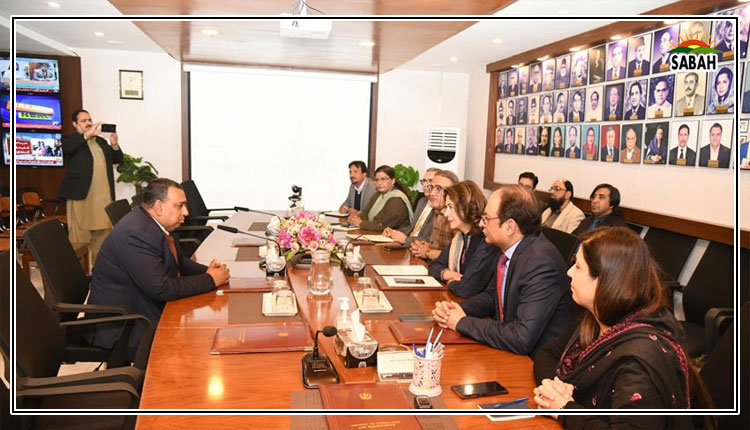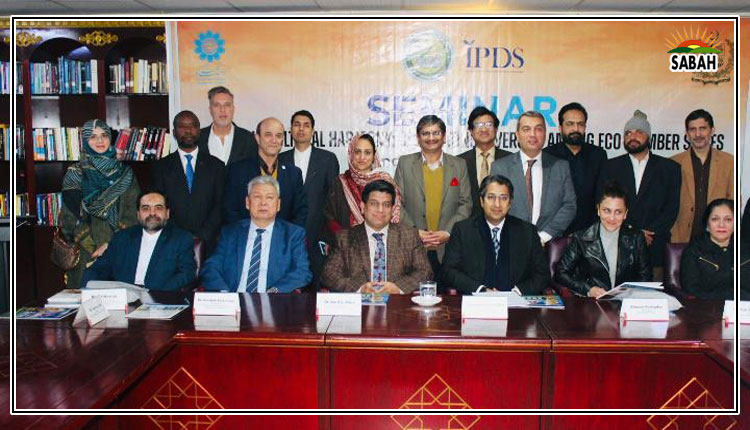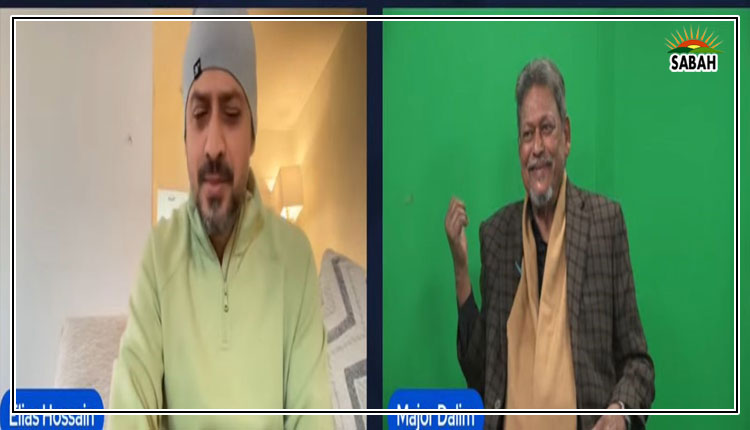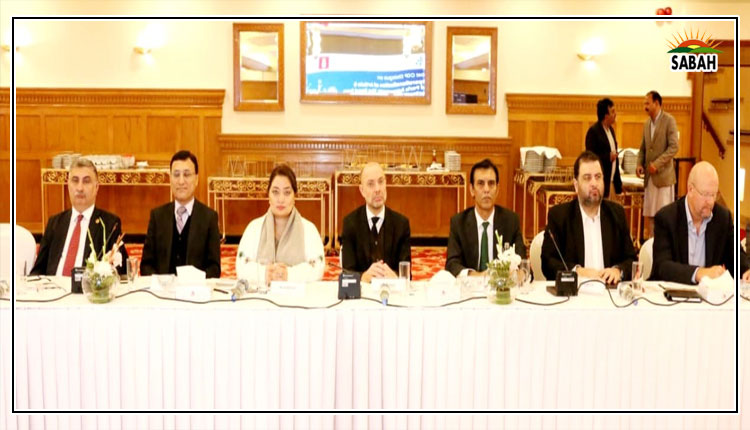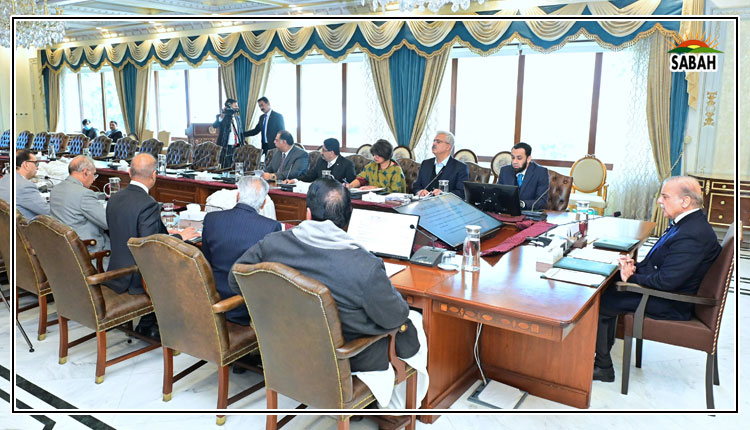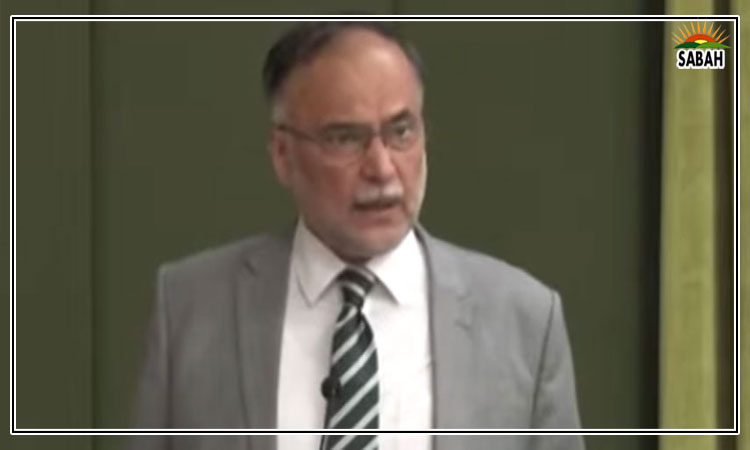Martyrs of 13 July 1931, live in our hearts: Muhammad Farooq Rehmani
ISLAMABAD, July 13 (SABAH): Muhammad Farooq Rehmani, Chairman Jammu and Kashmir People’s Freedom League and ex-Convener All Parties Hurriyat Conference AJK Chapter, while paying glowing tributes to the martyrs of 13 July, 1931 has said that 13 July 1931, is a milestone in the history of Kashmir’s peaceful political struggle for basic human rights and freedom from oppression and military occupation. He said that the martyrs of 13th July, live in our hearts.
In a statement issued on Wednesday, Muhammad farooq Rehmani said that the day marks first national collective revolt by the people of Jammu and Kashmir against the military occupation and dynastical rule of a repressive Hindu regime after the sale-deed of Amritsar between the British, Sikhs and Dora’s in 1846. The sale of the land and people of Jammu and Kashmir in the hands of Dogra Raja of Jammu by the British colonialists of the East India Company had turned the Muslim majority population of the Himalaya Kashmir region into worst serfs and slaves, who were treated as sub-humans by the Hindu Dogra Kings for a long and tedious period of about one hundred years.
Muhammad Farooq RehmaNi said that there was absolutely no religious, or political freedom for the Muslims of the subjugated population and all economic, education and employment rights in civil, police and military services were denied to them till the uprising of 1931 and constituting of the Glancy Commission to address the grievances of the Kashmiri Muslims in Jammu and Kashmir and Northern districts of the State, adjoining the Russian and Tibetan borders. Over the plight of the Kashmiri Muslims, foreign and British historians strongly argue that the life of the Kashmiris remained a saga of poverty and oppression and everything and everyone was taxed; the State Police ruled mercilessly”. Dr. J. Korbel quotes ,” for minor offenses people were thrown in jail, often without out trial. As late as the 1920’s it was a capital offence for a Muslim to kill a cow; later, the penalty was reduced to 10 years of imprisonment & still later to 7 years( Section 219 SPC)”. Despite the Silk Factory agitation in 1924, it was indeed in 1931that the growing dissatisfaction of the Kashmiris burst into flame and the Muslims showed massive resistance around the walls of the Central Jail Srinagar, protested against in camera trial of a British-Indian Muslim– Abdul Qadeer and the Dogra police and magistrate retaliated by opening fire indiscriminately on them, martyring 21 young men of Kashmir during their recitation of Allah Akabar in response to every gun shot. All the 21 youth received those bullets on their on their bared breasts”.
He said that in late 1930s and 1940s, Kashmirs fight for basic rights and liberties had assumed a full-fledged movement of freedom echoing the British-Muslim India- wave of independence in its real sense. As a result of Muslim demand for Pakistan across the British India, the Muslims of Jammu and Kashmir also demanded their right of self-determination, but immediately with the partition of India, free India invaded Jammu and Kashmir and annexed the State with the power of its military. But, the UN Security Council declined to recognize the Indian invasion as legal and adopted unanimous resolutions binding both India and Pakistan to create a conducive environment after the withdrawal of troops and armed groups for a free and fair plebiscite under the auspices of the United Nations Organization (UNO). While Pakistan accepted all the proposals and suggestions to this end, India negated and non-co operated to implement the UNCIP resolutions.
Muhammad Farooq Rehmani said that today, after 73 years, India’s hands are soaked with blood of over one hundred thousand Kashmiris throughout the length and breadth of the State, but the people are determined to gain freedom from the fascist Indian regime at any cost. No doubt, India has dismembered the State, merged it by force, withdrawn basic liberties and rights, imposed Hitlarian prosecuting measures, banned basic political and religious activities, sentenced leaders and sympathizers to life sentences, and put behind bars thousands of the Kashmiris across India. Bu, still India is afraid of the Kashmiri movement of freedom. On this day of martyrdom, we pledge to hold the banner of freedom high and hoisted over our heads and urge the international community to implement the UN resolutions to settle the Kashmir dispute in a just and peaceful manner.



